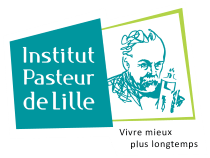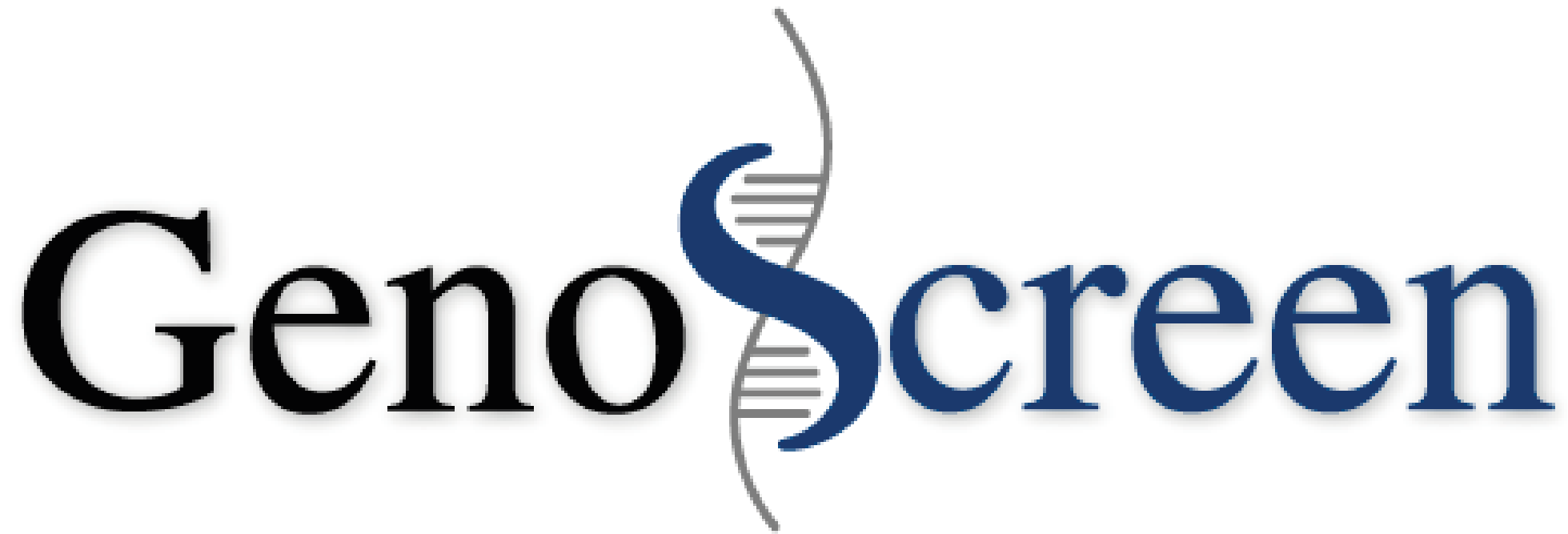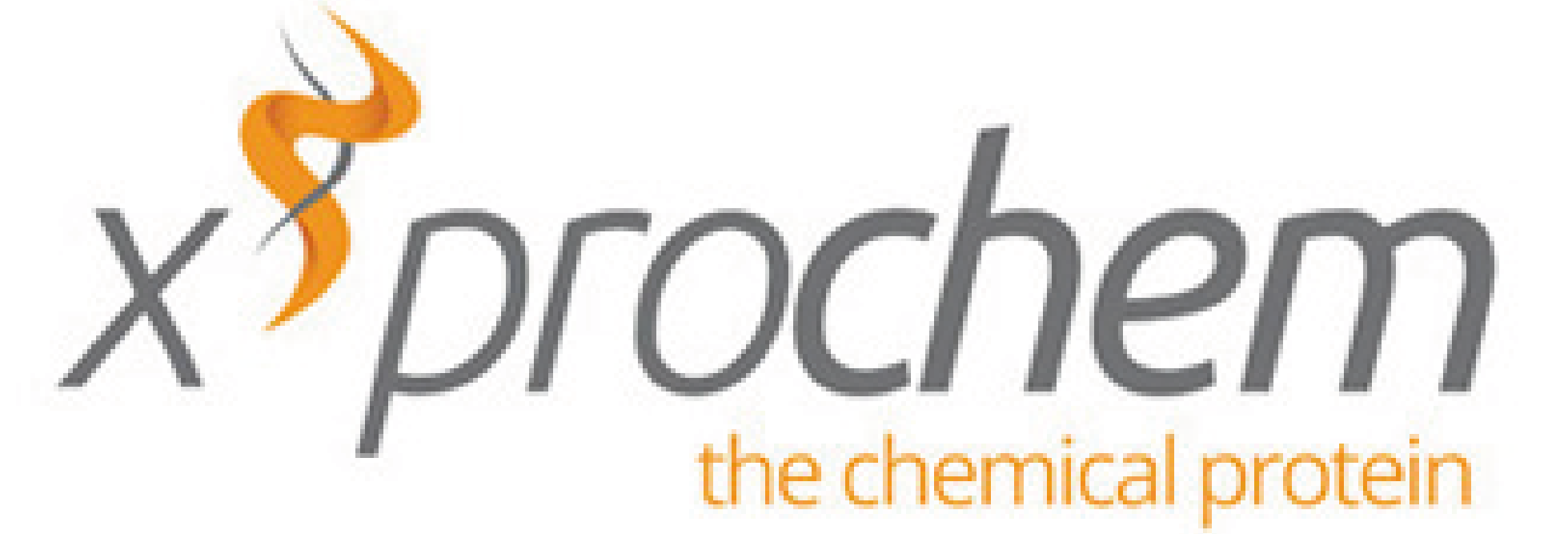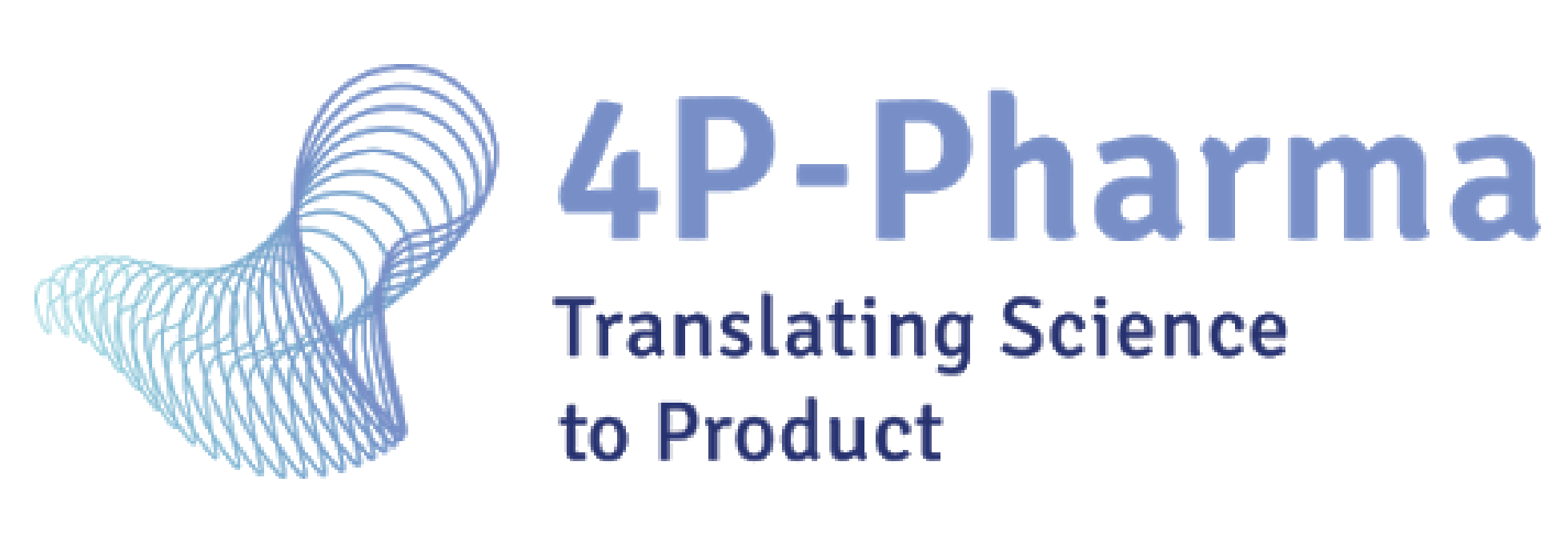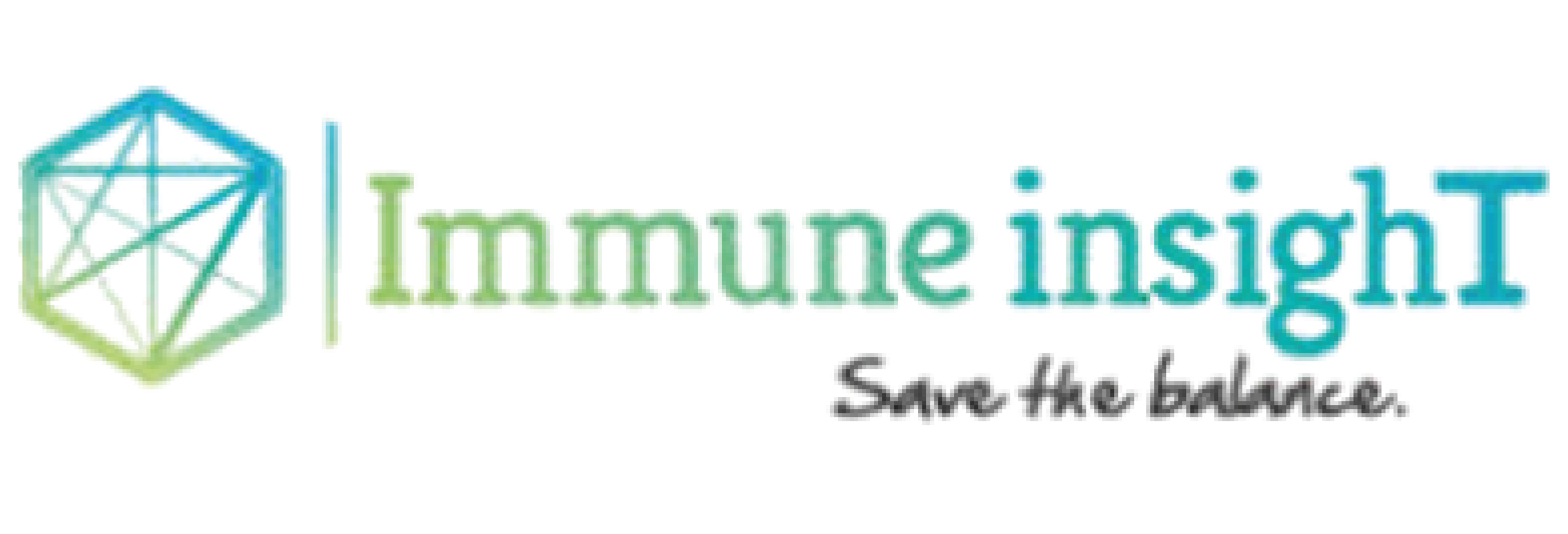The biotechs
At the heart of its campus, the Institut Pasteur de Lille supports the development of projects, start-ups and biotechnology and health innovation companies. The aim is to bring new services and analysis or diagnosis products to the fore, which stem directly from the fundamental research carried out in Lille.

Draw the academic and industrial sectors closer together to accelerate validation of discoveries
The Institut Pasteur de Lille relies on the proximity of its research teams and their equipment (laboratories and technological platforms) to facilitate collaboration with entrepreneurs and start-ups of the sector, whether they be in the experimental or developmental phase.
The Institute is also committed to fostering collaborations and providing expertise in order to allow biotechs to move more easily into the maturation phase of their projects. These biotechs, located on the Pasteur Lille Campus, benefit from the available premises, equipment and skills.
Founded on the Pasteur Lille campus in January 2001, GenoScreen offers kits and services in molecular biology with the aim of analysing different genomes (human, animal, plant, microbial), as well as bioinformatics solutions, for academic, hospital-based as well as the industrial research teams.
This 100% French biotechnology company now has about thirty employees. It generates 30% of its turnover abroad.
In recent years, specific research programs, carried out in partnership with the research units from the Institut Pasteur de Lille, Inserm and INRA, have developed very competitive practical applications in fields such as predicting the antibiotic resistance of tuberculosis, targeted metagenomic analysis of microbiota, and diagnosis and monitoring of biodiversity.
Set up on the campus of the Institut Pasteur de Lille, X’ProChem markets proteins synthesised using a chemical method, an innovative technology stemming directly from the academic research of the laboratory of Oleg Melnyck.
These 100% chemical proteins are custom-made to meet requirements that classic methods of recombinant biology are unable to synthesise, such as those which are toxic, membrane proteins or proteins equipped with a probe so they may be traced in cellular imaging.
The first papers published on protein chemical synthesis date back to the 30s, but we had to wait for the end of the first decade of this century before a cost-effective, easily reproducible method was developed at Institut Pasteur de Lille.
Created in 2013 by Terence Beghyn, pharmacist and researcher, along with Prof. Benoit Deprez, Director of the Drug Discovery Center of Institut Pasteur de Lille, APTEEUS is an innovative company in the field of personalised medicine for patients with rare and orphan diseases. Thanks to expertise acquired in the U1177 Research Unit (Inserm – Institut Pasteur de Lille – Lille University), their mission is to bring the miniaturized techniques of drug discovery to the bedside of patients suffering from orphan diseases.
The APTEEUS approach combines in vitro cell screening with drug repurposing. The team’s skills, with the assistance of doctors and scientific experts in disease, have made it possible to develop a screening test for any new disease sufficiently characterised from a functional point of view.
The company is currently evaluating the clinical benefit of two drug candidates in several rare and orphan pathologies. Drug repurposing is a means of quickly responding to the medical need of small populations of patients by overcoming both the risks and costs of development.
The involvement of the patient in the discovery process earned APTEEUS the prize in the category of personalised Medicine of the Concours Mondial d’Innovation 2030. Today, several partnerships with teams from Institut Pasteur de Lille, various hospitals and pharmacy actors, are making it possible to broaden the scope of the technology.
Strengthened by its collaborations with the Pasteur Lille campus, 4 P-Pharma develops innovative molecules at an early stage of pre-clinical development and brings them to the preliminary phases of clinical trials. The company is positioned as an intermediary between entities that have developed high-potential early biomedical projects and pharmaceutical companies.
Since September of 2016, 4 P-Pharma has also been financially supported by the mutual company “M comme Mutuelle” with an eye to conducting the first phase I clinical trial on one of its products possessing properties that constitute a deterrent to psycho-stimulant abuse.
R&D activities focus on inflammatory diseases, oncology and the central nervous system. Around ten drug candidates are currently being developed in the molecule portfolio.
The ongoing projects of 4 P-Pharma have benefited from several collaborations with the teams of Institut Pasteur de Lille, especially with the Pharmaco- kinetics/ADME platform led by Prof. Benoît Déprez, the Transcriptomics and Applied Genomics platform led by Dr. David Hot, and the Genetic Toxicology Laboratory led by Dr. Fabrice Nesslany.
Led by doctors Nadira Delhem and Olivier Moralès and directed by Hamza Aboussemdai, this biotech officially began in July of 2016 on the premises of the Lille Institut de Biologie (CNRS) on the Institut Pasteur de Lille campus. Immune InsighT offers an unprecedented and effective method of validating the safety of new drug candidates prior to the launch of clinical trials. A method directly stemming from Pasteurian research.
It offers unique services internationally making it possible to validate, in a preclinical phase, the safety of a drug candidate with regard to immune cells, and regulatory T lymphocytes in particular. Regulatory T lymphocytes (Tregs) are a particular population of white blood cells that contribute to the maintainance of balance of the immune systemin order to protect the organism from overstimulation. Some diseases deregulate the function of Tregs.
In cancers, Tregs are abnormally activated, which weakens the immune response directed against the tumour and facilitates its progression. Conversely, in the case of allergies, chronic inflammatory diseases or organ transplants, Tregs underperform and the immune response is excessive.
